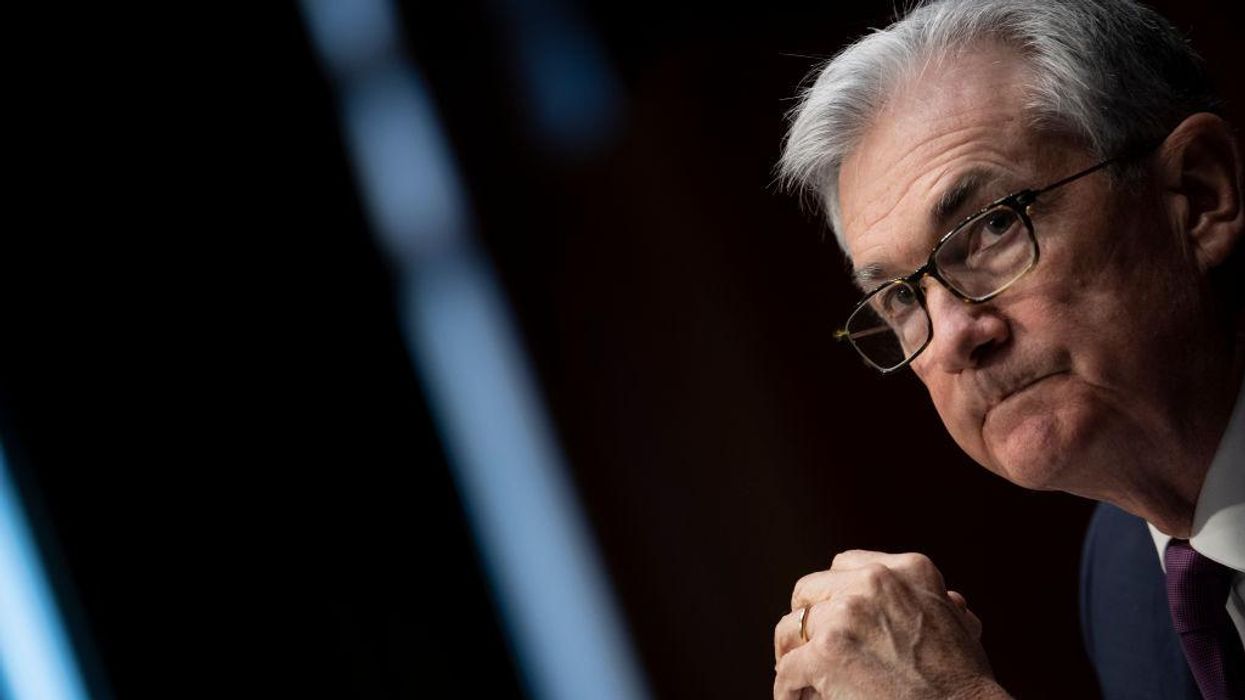
Photo by Brendan Smialowski-Pool/Getty Images

Physical currency may soon become a thing of the past as the United States Federal Reserve takes the next step in completely digitizing the dollar.
On Thursday, the Federal Reserve released a report titled "Money and Payments: The U.S. Dollar in the Age of Digital Transformation" detailing the role that various cryptocurrencies and digital payment processors play in the American economy while suggesting policy considerations for the creation and adoption of a central bank digital currency (CBDC).
"While a CBDC could provide a safe, digital payment option for households and businesses as the payments system continues to evolve, and may result in faster payment options between countries, there may also be downsides," writes the Federal Reserve.
One such downside is the abundance of fraud that occurs in the digital marketplace. Other concerns are the preservation of monetary stability with an entirely digital currency and the restructuring of the commercial banking system so that private banks can accommodate a monetary system that is solely digital.
The country's central bank seeks feedback from the public about the CBDC initiative, reports the Washington Post. However, regardless of what the public says, the Federal Reserve indicated that it would only move forward with creating a CBDC if it received "clear support" from the President and Congress.
Federal Reserve Chair Jerome Powell — who was recently appointed to another term as chairman by President Biden — said that the Federal Reserve looks forward to "engaging with the public, elected representatives, and a broad range of stakeholders as we examine the positives and negatives of a central bank digital currency in the United States."
The United States is not the first nation to pursue the development of a CBDC in hopes of replacing its physical currency. China began developing a digital yuan in 2014 and plans to release it this February, and Russia plans to launch a digital ruble pilot initiative in early 2022.
In Central America, El Salvador hopes to launch the world's first "Bitcoin City" in 2022. This city, CNN reports, would get its early financing through bitcoin-backed bonds.
In recent months, the White House called on Congress to draft regulations targeting a type of cryptocurrency known as "stablecoins." And, with the passage of the Bipartisan Infrastructure Deal, Congress introduced restrictions on cryptocurrencies by codifying new tax regulations that restrict the flow of wealth on digital platforms.
As of 2021, tens of millions of Americans are invested in Bitcoin and other cryptocurrencies. And, as the global economy becomes more and more digitized, the federal government seeks a bigger piece of the action.